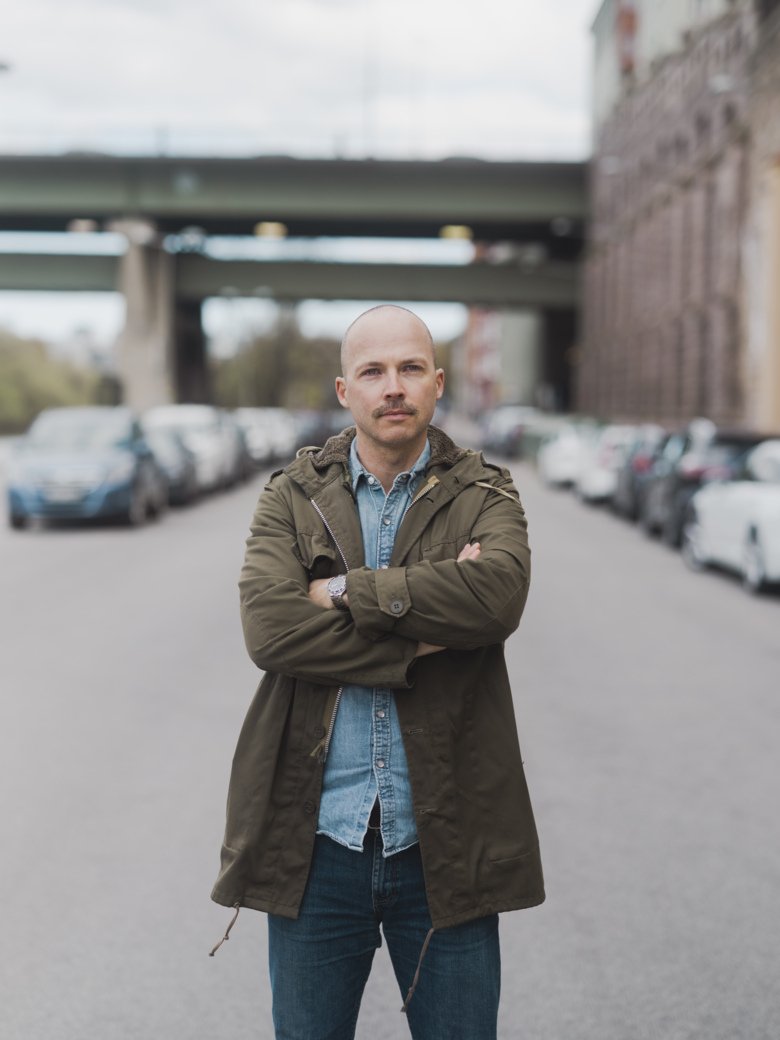How climate worry can be used constructively

About half of the Swedish population feels a strong climate worry. This is normal because the climate threat is real, says researcher Fabian Lenhard, who is starting a study on climate change. The research project will be attempting to channel worry about climate change into sustainable development.
Text: Ola Danielsson, written in Swedish for the magazine Medicinsk Vetenskap no. 2 2022.
Fabian Lenhard, psychologist and researcher at the Department of Clinical Neuroscience, Karolinska Institutet, explains how this will be done.
You’ve launched a research project on climate worry. What does it involve?

“We’ll be developing and testing a method to help people manage their worry about climate change, while guiding them towards more sustainable behaviours.”
Is climate anxiety a big problem?
“Studies show that about half of the population of Sweden is very concerned about the climate. Worry about climate change is a natural response to a genuine threat, so it’s not a problem in itself. It can be constructive and make people act. But for some, the worrying becomes overwhelming and paralysing. It then presents an obstacle and can also make it difficult for people to make sustainable changes in their lives. I think psychologists should be able to offer help in dealing with this unhelpful form of climate worry.”
Why do people need special help with climate worry?
“Because the climate threat is a kind of problem that our brains aren’t very good at dealing with. The goal is clear – to reduce carbon dioxide emissions – but getting there is a very complex task. It becomes too vague and abstract, and in that case a lot of people experience paralysing anxiety. Breaking the problem down into its component parts can make it more manageable. People may need help to see what the climate issue means for them, what actions they can take and how these can be measured.”
How are you going to help people with that?
“We’ll be developing an online course, a kind of psychological toolkit, based on CBT, with three goals. Firstly, we want to help people feel better and achieve more sustainable mental health. Secondly, we want to help them use their energy in ways that help to bring about sustainable development in their lives. And finally, we want them to find ways of contributing in collaboration with others.”
Does climate engagement help to alleviate climate worry?
“We think so, but that’s one of the questions we want the project to answer. A sense of purpose, of contributing in some way, and of being in a context with others are generally considered to be psychological protective factors. At the same time, it’s hard to find meaning and help bring about change when you’re feeling very low, so we believe that well-being and engagement go hand in hand.”
Is there a risk of people feeling too much personal responsibility?
“Yes, it’s important not to feel that you have to do everything. You have to find your own way to participate and influence. The climate issue requires us to work at all levels simultaneously, both at the political level and in our individual lives, and finding the right balance presents a challenge for people.”
Do you experience climate worry yourself?
“Yes, I do. I’m in good company with half the population. This is my way of transforming my climate anxiety into a more helpful form.”
